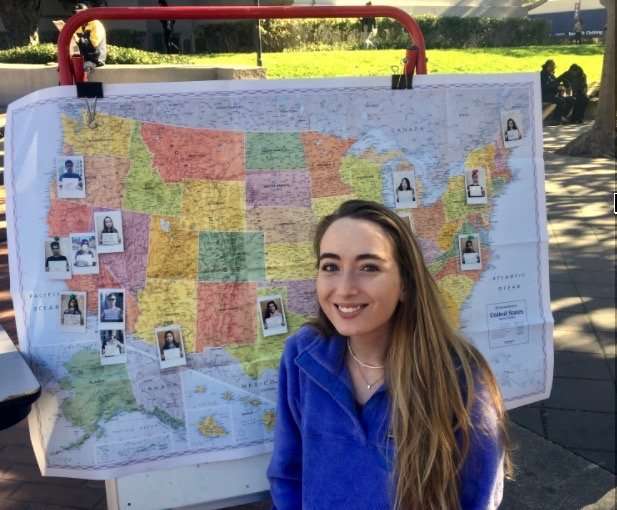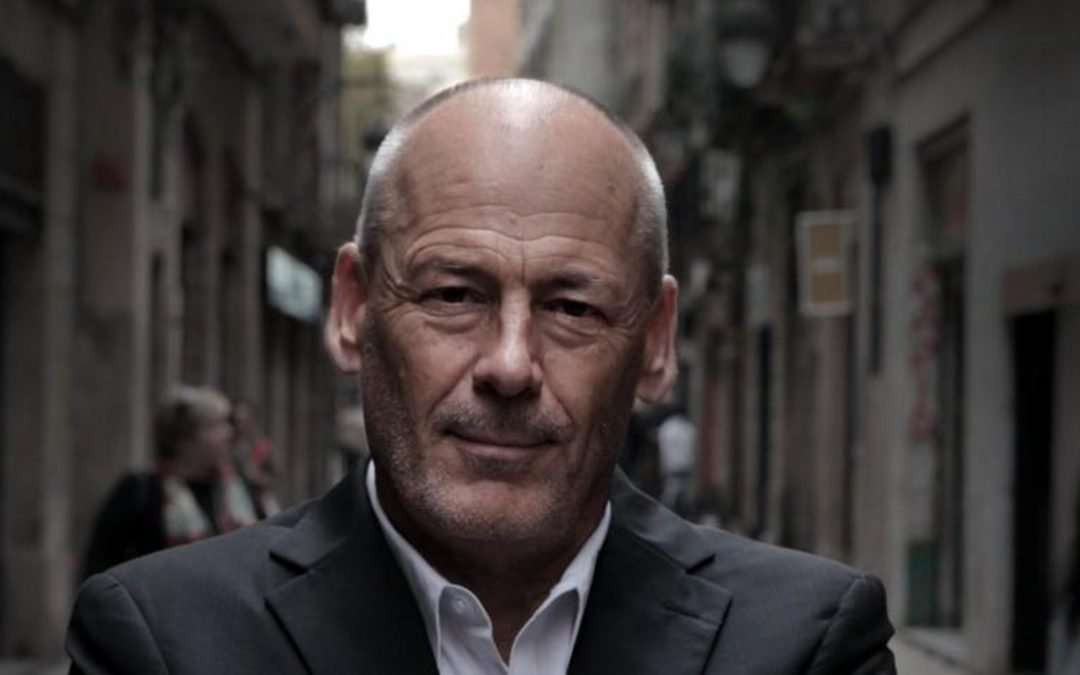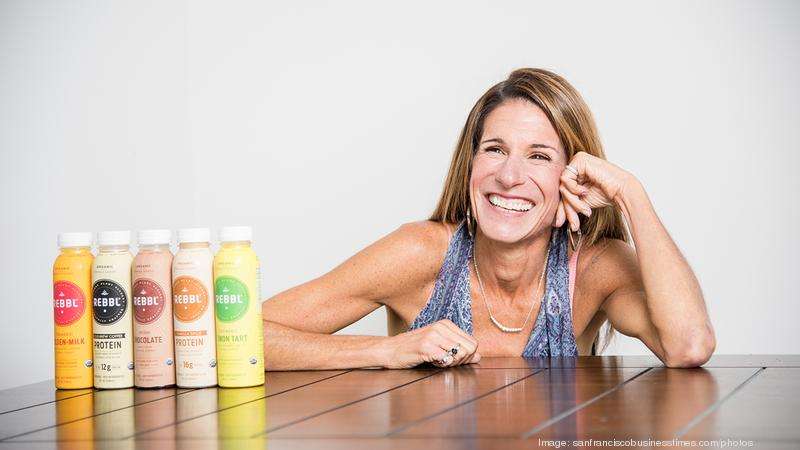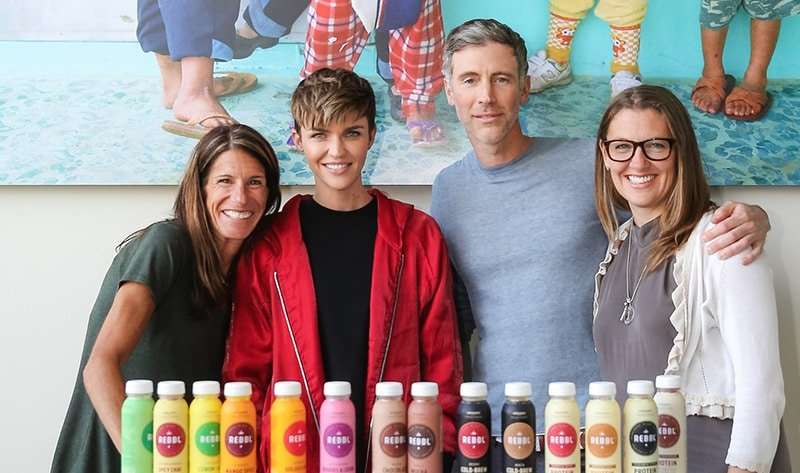Globally consumed at the rate of two billion cups a day, coffee is the world’s second most traded commodity. The market pressures that result from this high demand can push producers to commit labor rights abuses as severe as human trafficking. This is a concern especially in regions affected by poverty, where vulnerable communities are more susceptible to exploitation. In order to minimize human rights violations within this industry, it is up to us, the consumers, to demand products that hail from a fair, transparent supply chain. We have the power and responsibility to hold enterprises accountable and call for a shift in labor practices.
That’s why I’m leading the Conscious Coffee Project. Sponsored by the Anti-Trafficking Coalition at Berkeley, Conscious Coffee is an effort to foster a supportive network of cafes near the UC Berkeley campus that sell ethically sourced coffee. We will feature this network on a website and app geared toward students, both of which will serve as informational tools while operating through a financial incentive– users who frequently shop within the network can earn rewards like a free cup of coffee from their favorite cafe

Because human trafficking is such a huge, complex phenomenon, it can be difficult to figure out how to work toward its eradication in a meaningful way. My internship at Not For Sale this semester has taught me that it is not enough to throw money at a cause, trying to fix the problem after the damage has already been done. We must seek innovative solutions to prevent vulnerability to exploitative situations from taking root in the first place. As consumers and changemakers, our voices and minds are integral to the abolition movement. Together, through entrepreneurship, innovation, and technology, let’s stand up for our values and make a sustainable impact!

The Strengths Helping this Entrepreneur make Impact Sustainable
From establishing his own non-profit in El Salvador, to being a venture capitalist in Silicon Valley, teaching at the University of San Francisco, creating global charity ‘Not For Sale’ and social enterprises Z Shoes and Rebbl, David Batstone has done it all. But no...

Sheryl O’Loughlin – CEO, REBBL
REBBL is a company that was born from a cause, rather than a company that went out looking for a cause to support. In 2000, ethics professor David Batstone discovered a human trafficking ring at a restaurant in his San Francisco neighborhood. He and photojournalist...

Beverage Brands Continuously Roll Out New Campaigns to Coincide with Sports and Holidays.
REBBL launched a new integrated marketing campaign titled What’s Your Elixir? that connects consumers to the transformational power of super herbs and adaptogens, the company says. As the brand continues to expand into targeted conventional retail stores across the...
Whole Foods Just Named the Top 10 Healthy Food Trends for 2019
Functional mushrooms? That’s so last year. As the food industry increasingly adopts greater health and wellness trends, once wholly unknown categories are now becoming more mainstream. That means Kellogg’s now sells a probiotic cereal and Coca-Cola is potentially...

Ruby Rose Joins REBBL As Advisor and Investor
REBBL, creator of organic, super herb elixirs, proudly announces the addition of Ruby Rose, actor and activist, to its REBBLious family. Serving as an advisor and investor in the brand, Rose will join the purpose-driven company on the mission to make adaptogens and...
Last Week Today: How One Innovator is Helping Z Shoes to Succeed
Zak Batstone is looking to change the world through sustainable footwear company Z Shoes. We take a look at his Red Bull Wingfinder results to see which traits helped to create a successful start-up. There aren’t many 25-year-olds who can say they’ve started their own...

